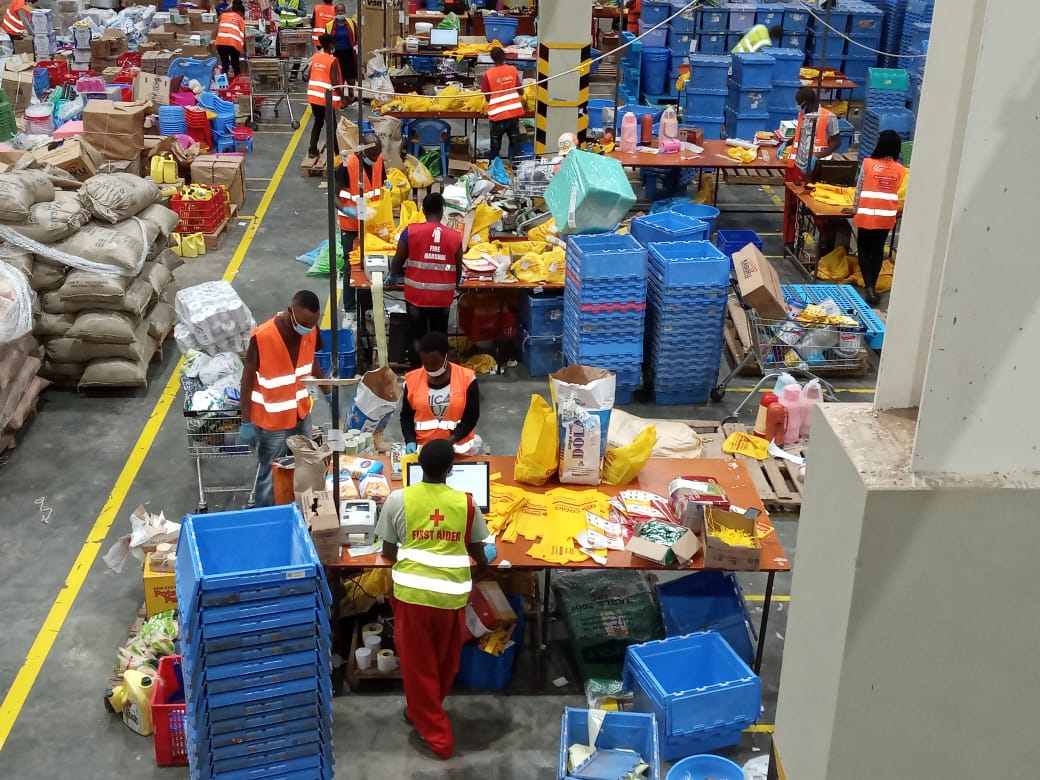Introduction
Online retailer Copia Kenya has announced a significant downsizing of its workforce, laying off 1,060 employees due to severe financial constraints. This decision reflects the broader challenges faced by startups in Kenya, particularly in securing funding and managing operational costs.
Financial Challenges and Efforts for Sustainability
Copia Kenya has been grappling with ongoing financial difficulties, despite extensive efforts to secure additional funding. In a statement, the company explained, “In light of our persistent financial challenges and despite our best efforts to explore avenues for additional funding, we find ourselves compelled to undertake a comprehensive organizational restructuring to ensure the sustainability of our operations, or even consider the possibility of shutting down.”
Implementation of Layoffs
The company has initiated the layoff process by issuing a one-month notice to the affected employees, in accordance with labor laws. The layoffs will specifically target roles that are directly impacted by the restructuring. However, Copia Kenya has warned that if the situation does not improve, a complete shutdown could result in the termination of all staff members.
Impact on the Startup Ecosystem
This announcement highlights the significant hurdles that startups in Kenya face as they strive to maintain their operations amidst financial difficulties. The startup ecosystem in the country has seen several closures, primarily due to increased taxation and rising operational costs.
Recent Closures and Downsizing in the Industry
The challenges faced by Copia Kenya are not unique. In 2022, Kune, a Kenyan-based food tech startup, exited the market due to economic strain. Similarly, Twiga Foods, which specializes in farm produce, has undergone downsizing as a result of harsh economic conditions and decreased profitability.
Copia Kenya's decision to lay off a substantial portion of its workforce underscores the financial pressures that many startups in the region face. As the company navigates these challenges, it remains to be seen how it will adapt and what the future holds for its operations. The broader startup community in Kenya continues to grapple with similar issues, highlighting the need for more robust support systems and sustainable funding solutions.




